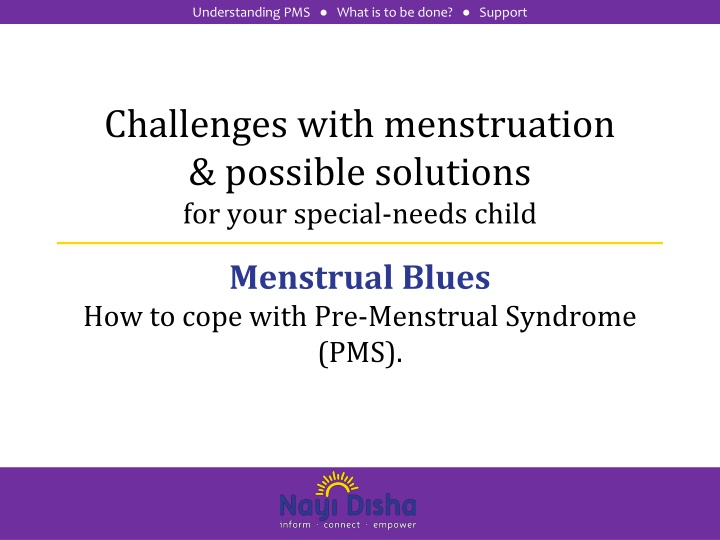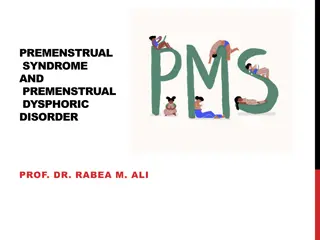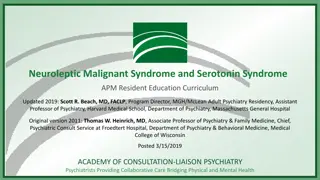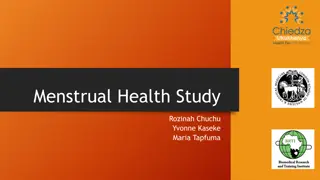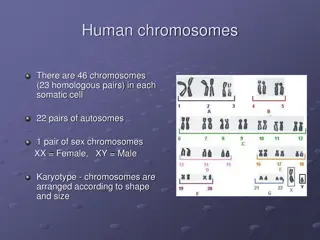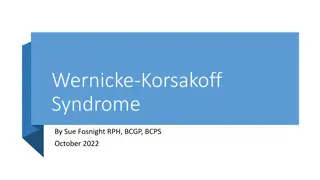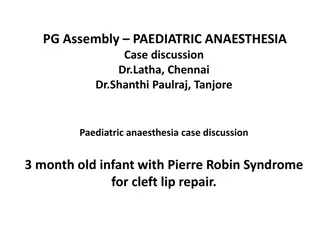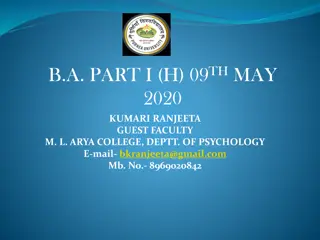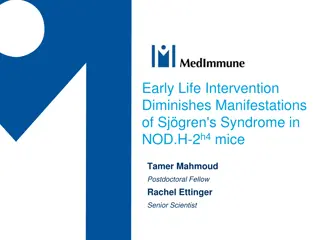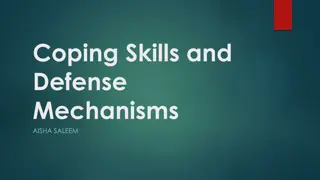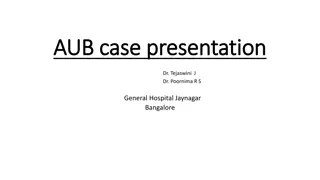Coping with Pre-Menstrual Syndrome Challenges
Pre-Menstrual Syndrome (PMS) can be challenging, especially for parents of special-needs children. Understanding PMS, its symptoms, causes, and ways to cope can help prepare for the hormonal shifts before menstruation. Practical tips and strategies are shared to support young adults and children facing PMS challenges.
Download Presentation

Please find below an Image/Link to download the presentation.
The content on the website is provided AS IS for your information and personal use only. It may not be sold, licensed, or shared on other websites without obtaining consent from the author.If you encounter any issues during the download, it is possible that the publisher has removed the file from their server.
You are allowed to download the files provided on this website for personal or commercial use, subject to the condition that they are used lawfully. All files are the property of their respective owners.
The content on the website is provided AS IS for your information and personal use only. It may not be sold, licensed, or shared on other websites without obtaining consent from the author.
E N D
Presentation Transcript
Understanding PMS What is to be done? Support Challenges with menstruation & possible solutions for your special-needs child Menstrual Blues How to cope with Pre-Menstrual Syndrome (PMS).
Note from a Nayi Disha mother... Parents of a special-needs child often feel like their world has turned upside down during the difficult days of PMS and bleeding. Here are some things you can do ahead of time to prepare for the transition: Teach your child that they will grow and that s ok! Teach them that this is a normal aspect of having a female body! Like mummy! The more we prepare our children and ourselves for these changes and help them understand that they will be okay, the easier the transition into young adulthood! So what s a good way to teach your child about menstruation? Social stories.
Understanding PMS What is to be done? Support Managing Pre-Menstrual Syndrome Ms. Sunita Deshpande Dr. Kavya Priya Vazrala Special educator Gynaecologist PRACTICAL TIPS FOR YOUR CHILD'S PRE-MENSTRUAL HEALTH.
Understanding PMS What is to be done? Support What is PMS? Pre-Menstrual Syndrome is the hormonal shift that happens in the 7-14 days before every menstrual cycle. It leads to: Fatigue Low tolerance for pain / mistreatment Spells of sadness Headache Backache Abdominal bloating Edema (swelling) of the fingers and ankles Pain in the breasts It is not necessary that all symptoms be present. PMS happens for each person across a range of intensity. Pain can be unnoticeable or extremely severe. Non-verbal children may face additional PMS challenges when unable to ask for help.
Understanding PMS What is to be done? Support What causes it? Every month, your brain releases hormones in the body get to work to regulate menstrual bleeding. They determine bleeding but also affect other body functions. These side- effects are the symptoms of PMS. The common PMS hormonal patterns are: Higher oestrogen levels Lower plasma progesterone levels i.e. Oestrogen:Progesterone ratio increases Possible hypothyroidism &/or elevated prolactin levels The Pituitary Gland, which releases LH & FSH the hormones that control oestrogen & progesterone production. If PMS is accompanied by bouts of severe depression / extreme mood swings, it is referred to as Pre-Menstrual Dysphoric Disorder.
Understanding PMS What is to be done? Support What makes PMS easier? Avoid salty / sugary / spicy foods. Stay hydrated but avoid caffeine! Diet Craving chocolate means your body needs magnesium. Have either dark chocolate or some other magnesium rich foods. You're losing iron! Eat jaggery, leafy greens, dates, & dry-fruits. Maintain calcium levels with dairy, eggs, & ragi. Don't go hungry too long. Eat your fruits (or dry fruits) to maintain a healthy blood sugar level! Try evening primrose oil pills. Continue Vit D, B6, B12, & omega-3 supplements.
Understanding PMS What is to be done? Support What makes PMS easier? Exercise Regular physical exercise helps prevent fatigue and muscle pain. Aerobics, dance, yoga are good exercises to make a habit. Exercise during the days of PMS and menstruation releases endorphins, which relieves stress to improves mood & sleep. Strengthen the back during regular exercise in preparation for PMS. Workouts that focus on the abdomen may be beneficial too.
Understanding PMS What is to be done? Support What makes PMS easier? Sufficient & comfortable sleep is important for good health! Sleep Make sure your menstruating child is getting 8 hours of sleep per day. It is best not to overstretch their schedule on these days. Sleeping & waking up at set timings means the body is prepared for its expected schedule. Teach your child coping strategies & relaxation techniques to deal with hectic days.
Understanding PMS What is to be done? Support What makes PMS easier? Caregiver's Compassion All children neuro-typical or atypical go through mood swings during menstruation. Hormonal variations in neuro-typical & atypical children alike are most evident during adolescence. For atypical children, this may cause a higher degree of discomfort and mental anguish. Your first step as a caregiver is to recognize that the emotional need of your special child are the same as any other adolescent going through puberty i.e. compassion. Compassion is key! Especially for children with autism. Poor communication can worsen an already difficult situation.
Understanding PMS What is to be done? Support What makes PMS easier? Relaxation Arts & crafts can divert a menstruating child's attention. Seeing the hard-earned results of their creative projects can improve their mood. Try cooking, baking, or anything else that involves active planning & execution. The right kind of background music can ease breathing & slow down heart-rate. Find out what particular situations help your child relax.
Understanding PMS What is to be done? Support What about extreme moods? PMS accompanied by severe depression is referred to as Pre-Menstrual Dysphoric Disorder. In case of such extreme signs mood fluctuations that are beyond control ask your doctor if oral contraceptive pills are suitable for your child. Caution: They come with side-effects: Headaches Nausea Spotting Weight gain Do not abuse contraceptive pills. Stick to the prescribed dosage. When taken under doctors' supervision, they are not harmful. Seek medical help when PMS is difficult to cope with.
Understanding PMS What is to be done? Support & parents are here to help! Nayi Disha s parent WhatsApp groups & monthly support groups are here for all your doubts regarding raising a special-needs child. To join the parent community &/or for more information, write to us: contactus@nayi-disha.org and visit www.nayi-disha.org for more resources on Menstrual care and health of your child.
